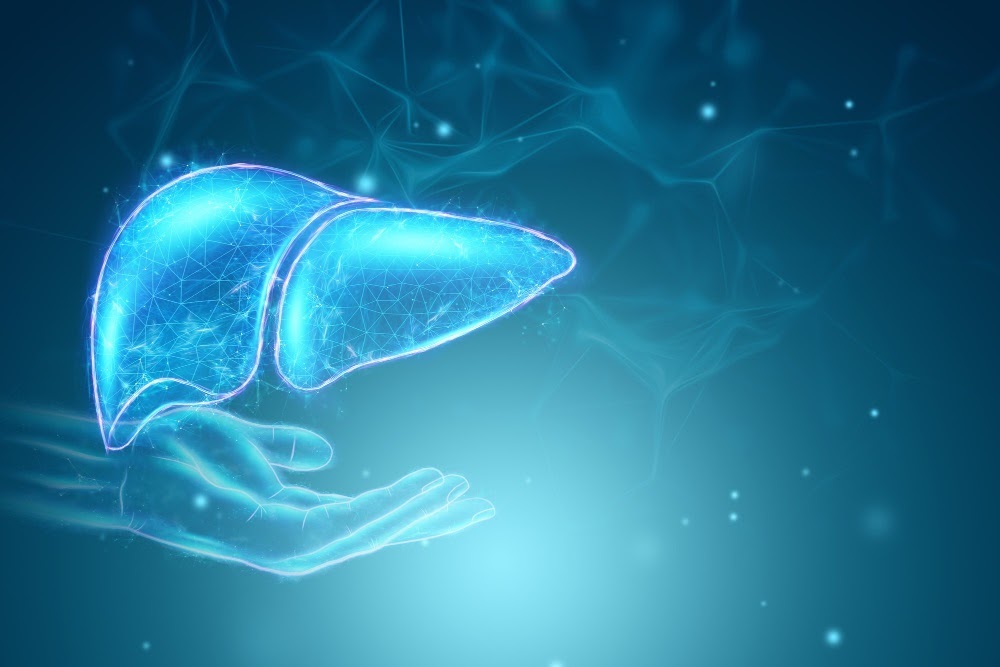Our bones depend on a balanced diet and a continuous supply of nutrients, especially calcium and vitamin D, for their health and strength. People require calcium to develop and maintain healthy bones and teeth. Additionally, it is crucial for other bodily processes like blood circulation and muscle control. Our bodies require vitamin D to absorb calcium from diet effectively. In addition, Calcium must be absorbed from the foods we eat because it cannot be produced by the body.
Our bodies will take calcium from where it is stored in our bones if we do not consume enough of it to maintain them operating normally. As a result, our bones gradually weaken over time, which increases the risk of osteoporosis, a condition in which bones become extremely brittle. It can also result in other conditions like osteopenia and hypocalcaemia.
In addition, if the calcium intake in children is not enough, they might not grow to their full potential height. Hence, it is essential to consume the amount of calcium per day that is recommended, through different food sources, vitamins, and supplements.
Why is Calcium Important?
Calcium is a bone-building mineral for our bodies. The bones and teeth hold a majority of the body’s calcium, which is about 99%. It is responsible for making them strong and hard. The remaining amount of calcium is dedicated to other activities that are responsible for keeping the body functioning normally. It also helps the blood vessels expand and constrict, muscles contract, and in the transmission of the nervous system.
Every day, calcium enters and exits the bones as they undergo continual remodeling. The total amount of bone mass grows in children and teenagers because the body replaces lost bone more quickly than degrades new bone. This lasts until around age 30, at which point the pace of new bone creation and old bone disintegration roughly equalises. Bone is broken down more quickly than it is created up in older adults, especially in post-menopausal women. Consuming a small amount of Calcium in the diet will cause Osteoporosis.
What is the recommended daily intake of Calcium?
The recommended daily intake of calcium varies for people of different age groups. Below-mentioned is the daily suggested intake for adults –
Adults (19 to 50 years) – 1000 mg per day
Adults (Men – 51 to 70 years) – 1000 mg per day
Adults (Women – 51 – 70 years) – 1000 mg per day
Adults (71 years and above) – 1200 mg per day
Pregnant and breastfeeding adults – 1000 mg
What is Calcium Deficiency?
Also known as, hypocalcaemia, calcium deficiency disease is a condition wherein the level of calcium in the blood is low. This can lead to conditions like osteoporosis, dental changes, alterations in the brain, and cataracts.
What causes Calcium Deficiency?
Calcium deficiency may occur due to several reasons, including:
Poor intake of calcium over a long period
Having a dietary intolerance to foods that are rich in calcium
Genetic factors
Medications that may lead to a decrease in the absorption of calcium
Hormonal changes (Postmenopausal women/Post hysterectomy- Oophorectomy)
Symptoms of Calcium Deficiency
There are several effects of deficiency of calcium overall body. However, there may not be any early symptoms. Over a long period, a person with calcium deficiency might experience low bone density, which can further lead to brittle bones (Osteoporosis). Osteoporosis is called a “silent” disease” because there are typically no symptoms until a bone is broken. In advanced osteoporosis, the patient may have Back pain, caused by a fractured or collapsed vertebra, Loss of height over time, stooped posture, and bone that breaks much more easily than expected. Osteoporosis is diagnosed with a DEXA bone mineral density test before the onset of symptoms.
Some severe symptoms of acute calcium deficiency are:
Muscle spasms
Muscle cramps
Bones getting fractured easily
Memory loss
Confusion
Numbness or tingling sensation in the feet, hands, and face
Hallucinations
Brittle, weak nails
Depression
Tips to Get Enough Calcium and Improve Bone Health
To improve your bone health and up your calcium intake, you can follow these simple tips:
The first and foremost step towards improving bone health is by following the recommended dietary allowance (RDA) of calcium every day. Some great food sources of calcium are soy products like tofu, soy milk, soy drink, yogurt, cheese, paneer, vegetable beans, legumes, broccoli, cabbage, carrot, cauliflower, celery, okra, peas, soya beans, sweet potato, fruits like berries, dates, figs, orange, papaya, cereals like corn flakes, nuts like almonds, sesame seeds, eggs, and fish. You can also start taking supplements after consulting your doctor if you feel that you are not able to get enough calcium from your diet.
For healthy bones, it is also important to get other nutrients like adequate protein intake, magnesium, vitamin D, vitamin K2, and phosphorus.
Magnesium helps the body absorb as well as retain calcium, which can help strengthen the bones. This goes a long way in preventing osteoporosis.
Vitamin D also helps the body in absorbing calcium and regulates its level in the blood.
Phosphorous – Along with calcium, phosphorus also helps maintain bone health.
You can also consult an expert dietician for creating a diet balanced with calcium, phosphorous, and vitamin D intake.
How does smoking affect osteoporosis?
Smoking affects the body’s ability to absorb calcium, leading to lower bone density and weaker bones. Nicotine slows the production of the bone-forming cells that are so crucial to healing.
Does alcohol lower vitamin D?
Chronic alcoholism results in disturbed vitamin D metabolism and chronic alcoholics usually have low levels of serum 25-hydroxyvitamin D [25(OH)D]. It’s important to know that alcohol can also increase the risk of falls in older adults who have osteoporosis. This leads to fractures, which are the most serious consequence of osteoporosis.


